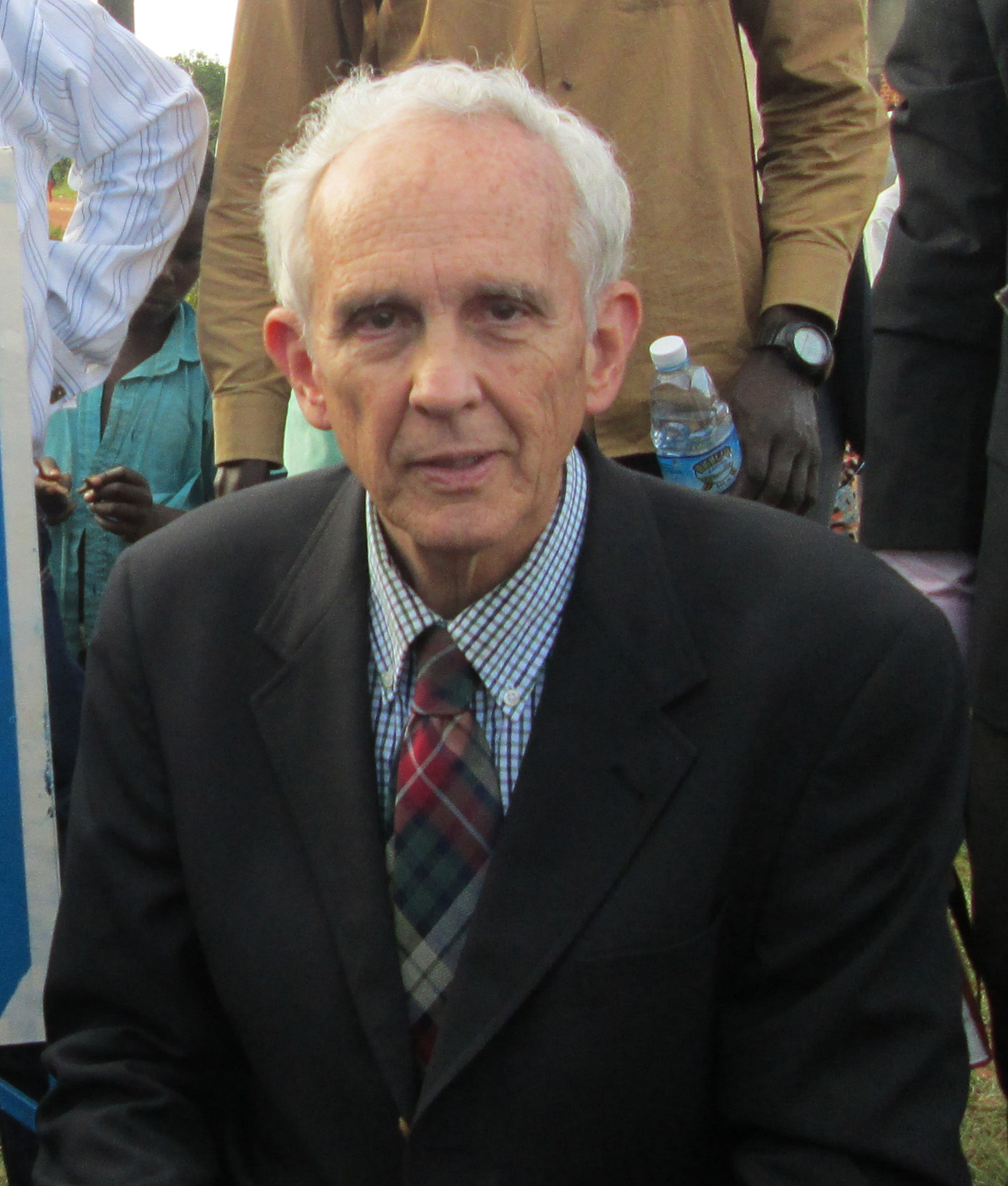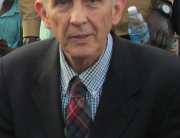by Dr. Gregory Bartha
March 8, 2017
In the first week of September, 2016, the Cross Clinic team traveled to the north of Uganda to bring food and medicine to some of the Sudanese refugees in the scattered camps there.
War has been a fact of life in Sudan for years. After gaining independence from Britain in 1956, the country was largely Muslim, with only a few hundred Christians. Missionaries came to the south part of the country in the 1980s and 1990s. There was a large movement of the population in the south to Christianity, probably the greatest mass conversion since the time of the book of Acts. One estimate indicates that 80% of South Sudanese report themselves as followers of Jesus. The government in the north is hostile to Christianity. Southern Sudan became an independent nation in 2011. The country enjoyed peace for a time, but a power struggle developed between the president, Salva Kiir and his vice president, Riek Machar. There is also an ethnic dimension to the hostility. Fighting broke out in 2013. Over 1 million South Sudanese are displaced within the country, and there are an estimated 500,000 refugees who have fled the country. There are approximately 200,000 refugees in Uganda with 160,000 in the area we visited.
The Ugandan government has tried to place people from the same tribes and geographic areas together in the camps to minimize conflict. After arrival, refugees are placed in temporary shelters while awaiting their status determinations and living assignments. They are then assigned to one of the settlement areas and given a plot of land on which to live. They are given a tarpaulin and a package of nonfood items. The tarpaulin serves as a roof for their shelter and becomes part of a green thatched roof.
Most of the residents are young women and children. With the exception of the elderly, most men have remained in Sudan. There are large numbers of orphans who are unaccompanied. There are a few primary schools but no educational facilities for older children. The settlements are under the office of the Prime Minister in Charge of Refugees. The lead agency for healthcare is Medical Teams International, which works with several other NGOs. The main medical problems are malaria, worm infestations, skin infections and diarrhea. Food allowance per family has been 12 kilograms of corn or rice a month. This ration has been reduced. There are at least 30 churches in the settlements. Bibles are few and understanding of the Christian faith is largely superficial even among the pastors. The gospel is, however, definitely impacting cultural practices and values. Denominational boundaries are mainly ignored. Sudanese Christians are working cooperatively.
We met with officials from the Prime Minister’s office and Medical Teams International. Their opinion was that the supplies we brought were insufficient for the large number of people needing aid. They suggested we partner with other groups and return in the future with an appropriate amount of food and medicine. We did manage to distribute 4,000 kilograms of cornmeal to 310 orphans and 100 elderly persons in one of the new camps. The people were well organized and orderly. Security was no problem. We do plan to try to return at some point in the future.
One of the bright spots on the trip was a visit with Dr. Katie, a missionary who has been working with the Sudanese for over 20 years. She is a trained surgeon and teaches part-time at the medical school in Gulu, the principal city in northern Uganda. She also has theological training and works under the auspices of the Church of Uganda. She is very interested in the spiritual aspect of people and stresses the great need for emphasis in this area. She states most of the symptoms reported by the refugees seen are the result of post- traumatic stress.
Once a year, she recruits medical students and other healthcare workers for a five day medical and evangelical mission to the camps. This mission is dedicated to a holistic approach to healing, addressing the physical, spiritual and mental aspects of illness. I hope to join them in May/June 2017.






Recent Comments